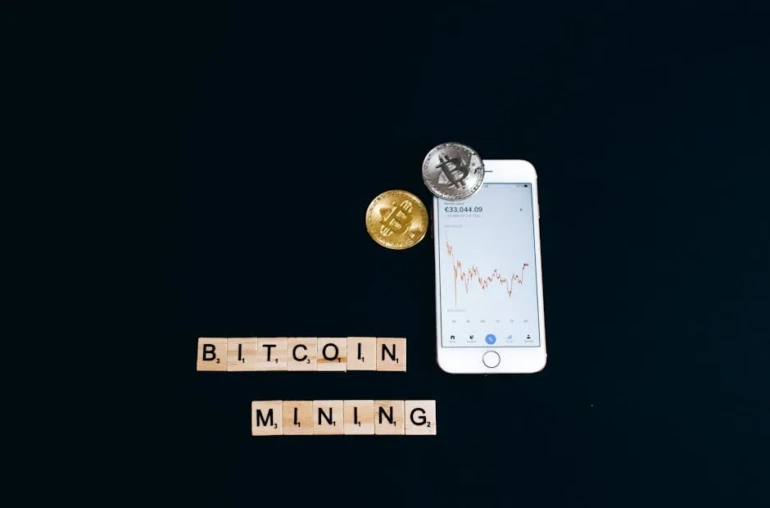
Deutsche Bank’s Bold Move Into Crypto Custody
Germany’s financial giant Deutsche Bank has officially set its sights on the cryptocurrency market, with plans to launch a crypto custody service by 2026. This strategic move signals a growing acceptance of digital assets among traditional banking institutions and could pave the way for broader institutional adoption.

Why Crypto Custody Matters
Crypto custody services allow institutions to securely store and manage digital assets like Bitcoin and Ethereum. For a bank as prominent as Deutsche Bank, this isn’t just about dipping toes into crypto—it’s a full-fledged commitment to blockchain-based finance. Key benefits include:
- Security: Institutional-grade storage solutions reduce risks of hacks and theft.
- Regulatory Compliance: Aligns with EU’s MiCA framework for crypto asset regulation.
- Market Confidence: Signals trust in crypto’s long-term viability.
The Road to 2026
According to a Bloomberg report, Deutsche Bank is currently in the preparatory phase, focusing on:
- Developing secure custody infrastructure
- Navigating regulatory approvals
- Partnering with blockchain technology providers
The 2026 timeline suggests a deliberate, compliance-first approach—a stark contrast to the rapid launches seen in crypto-native firms.
Implications for the Crypto Market
Deutsche Bank’s entry could be a game-changer for institutional investors who’ve been hesitant due to custody concerns. Here’s why:
- Increased Liquidity: More institutional money may flow into crypto markets.
- Mainstream Validation: Traditional finance players legitimizing crypto could attract conservative investors.
- Competitive Pressure: Other banks may accelerate their own crypto offerings.
Challenges Ahead
While promising, Deutsche Bank’s venture isn’t without hurdles:
- Regulatory scrutiny in the EU and globally
- Technological complexities of handling private keys
- Market volatility affecting client demand
Bottom Line: Deutsche Bank’s 2026 crypto custody plans mark a pivotal moment for blockchain’s integration into traditional finance. As one of Europe’s largest banks takes the plunge, the ripple effects could reshape how institutions interact with digital assets for years to come.



